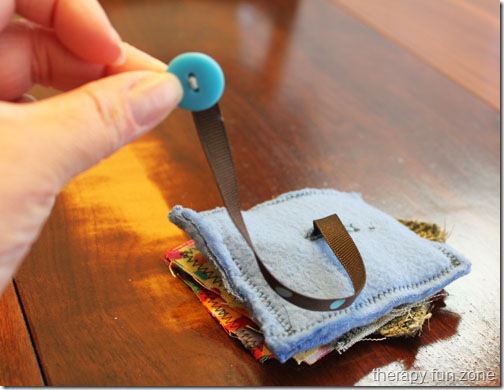I work in a number of schools, including several which have "regional certificate classrooms" and one "public separate day school." While these sites may not be the most inclusive setting possible, these students and teachers do need a lot of support from related services to access their education. Most of my students do not have only one issue or primary disability. Some are classified as "Multiple Disabilities" with a combination of orthopedic, visual, hearing, and learning impairments. Others may be coded as a student with Autism or Intellectual Disability, but have additional issues and behaviors. It is definitely challenging to be a teacher in one of these classrooms, to balance all the needs and supports for each student, to integrate behavior plans and IEPs. And it can be very challenging to be a therapist for these students as well, to make sure that goals are SMART, to make sure that the student has best access to all the daily occupational pieces that go into a school day, to give your best so that the student can do the best possible. It can be hard mentally, emotionally, physically. Here are some resources that may help you when working with students with complex needs, to complement the chat (9/13 at 7pm!).
If you're new to twitter or chats, check out these resources and then just jump right in!
An Occupational Therapist's Guide to Twitter
What’s New in Digital and Social Media for Occupational Therapy? Focus on Networking
Occupational Therapy and Twitter
Tweetchat Just enter #OTalk2US
What is a total communication approach? http://www.
Talking the Language of the Hands to the Hands: The Importance of Hands for the Person Who is Deafblind http://documents.
Teaching Learners with multiple special needs blog http://
Paths to Literacy resources for visually impaired students http://www.
Long youtube video: How People with Severe/Profound disabilities learn https://www.youtube.com/
Group by Group blog - interdisciplinary group education approach for students with multiple disabilities, great pictures and instructions https://
Praactical AAC blog http://praacticalaac.org/
Switches, what are they and how do I use them? Very in-depth info http://atclassroom.blogspot.
Switch Activities and accessible software http://www.bltt.org/
AT basics: Overview of switches and interfaces http://atto.buffalo.edu/
Errorless choices and activities
What is Errorless Learning?
iPad apps for Significant Disabilities
OTs With Apps blog
Toys and Tools that I like- no paid endorsement or affiliate links, I just like this stuff!
Modular Hose Mounting Systems
APH for the Blind Carousel of Textures
Enabling Devices- Pull Ball
Enabling Devices- Carnival Tube
Blue2 Switch






